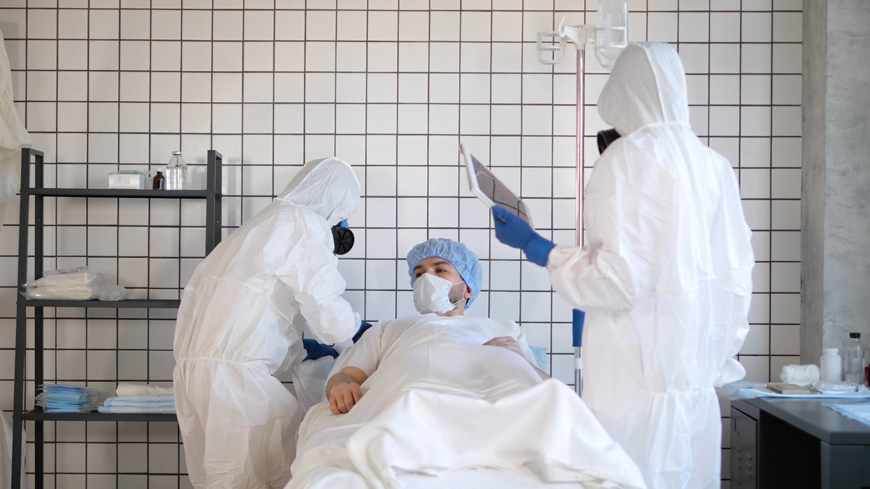In a statement of interpretation issued today on the right to protection of health (Article 11 of the European Social Charter) in times of pandemic, the European Committee of Social Rights endorses many measures adopted by states in response to COVID-19: “testing and tracing, physical distancing and self-isolation, the provision of adequate masks and disinfectant, as well as the imposition of quarantine and ‘lockdown’ arrangements. All such measures must be designed and implemented having regard to the current state of scientific knowledge and in accordance with relevant human rights standards.” The Committee recalls the need for adequate public health provision and resourcing, including for research, vaccine development and prevention. It also points to a range of other social human rights affected by the pandemic, including the right to health and safety at work or the rights of children and older persons, to which authorities must pay attention.
“In times of pandemic, the protection of the right to health for all must be the primary aim of State policies and measures, because pandemics - and state responses thereto – can also pose significant risks to many other social rights. The European Committee of Social Rights will offer further guidance to states on social rights exigencies in the response to COVID-19. The Committee will scrutinise closely action taken by states in response to the pandemic in terms of their social rights obligations. The questionnaire to states parties to the European Social Charter is already being prepared with this in mind,” declared the Committee’s President Giuseppe Palmisano.





 Azerbaijan
Azerbaijan Bosnia and Herzegovina
Bosnia and Herzegovina
 Republic of Moldova
Republic of Moldova Montenegro
Montenegro Serbia
Serbia
 T
T Ukraine
Ukraine
